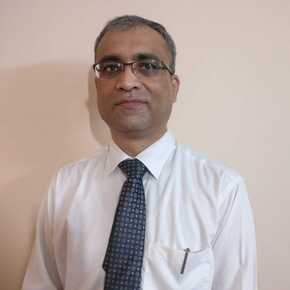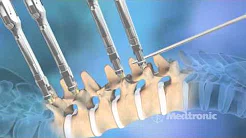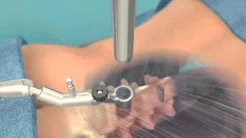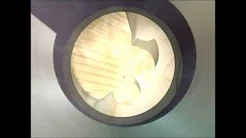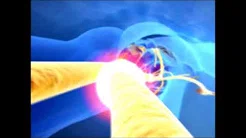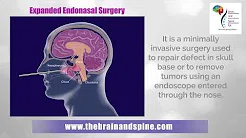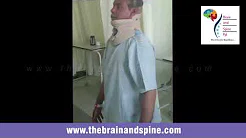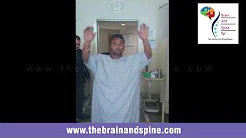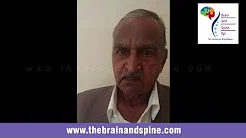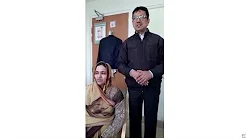Treatment for Peripheral Nerves Tumors
Peripheral nerve tumors are very rarely found tumors of peripheral nerves. They can be formed anywhere in the network of peripheral nerves in our body. They expand rapidly as soft tissue masses and affect the functioning of the nerve, thus needing an immediate medical attention. They can be benign or malignant and are sometimes associated with the personal or family history of an underlying neurogenetic disorder, such as neurofibromatosis.
Cause of Peripheral nerve tumors
These tumors arise in the cells surrounding the peripheral nerves, most commonly due to neurofibromatosis type 1 (NF1).
Symptoms of Peripheral nerve tumors
Although most of the patients with peripheral nerve tumors do not show any specific symptoms but some may complain of:
- A soft tissue mass or thickening in the muscle fibers
- Pain
- Disability
- Focal neurologic findings
- Numbness, burning, or “pins and needles” sensations
- Weakness
- Dizziness/loss of balance
These symptoms occur due to direct nerve invasion, involvement of surrounding tissues, or mass effect. The duration and progression of symptoms should be noted as most benign tumors have a longer duration and a slow rate of progression, while malignant tumors tend to progress rapidly in size, amount of pain, and neurologic deficit.
Diagnosis of a Peripheral nerve tumor
Every patient with soft tissue mass in the network of peripheral nerves should be carefully evaluated for peripheral nerve tumor. The diagnosis needs thorough history of the patient along with physical and neurological examination. In addition, following imaging tests are also performed: - MRI Neurography
- CT
- EMG (electro-diagnostic study to examine electrical pathways in the nerves)
Treatment For Peripheral Nerve Tumors
The growth of peripheral nerve tumors is difficult to find during the first stage as it can remain asymptomatic for a long period of time. Most of the patients with benign peripheral tumors do not require surgical treatment while malignant tumors should be removed immediately as they can be fatal over time. In fact some of the peripheral tumors may reoccur even after the surgery and it is likely to get another tumor on the same place after the surgery. So, peripheral tumors require long-term monitoring and post- operative care.
The treatment depends upon the severity and location of tumor and may include the following:
- Surgical resection of the tumor
- Radiation therapy
- Chemotherapy


 Request an Appointment
Request an Appointment Request Online Consultation
Request Online Consultation Enquiry form
Enquiry form







